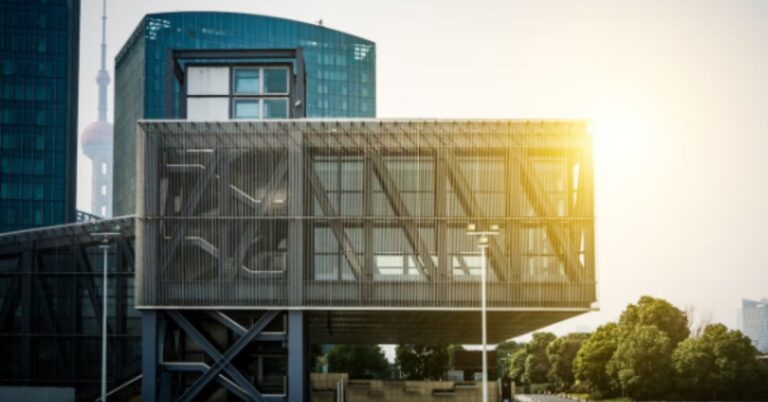Changing Dynamics of Commercial Construction
The commercial construction industry is constantly evolving, responding to new demands and the rapid development of technologies. Traditionally reliant on manual labor and basic tools, the sector now embraces digital innovation and strategic planning. A major trend contributing to these changes is metal framing San Juan TX, which provides robust solutions for various building needs. These modern methods have contributed significantly to efficiency and sustainability. Buildings such as skyscrapers, hospitals, or commercial complexes have harnessed these innovations to achieve reliability and longevity, changing how communities and industries view development processes.
Technology’s Impact on Construction
Technological advancements, particularly Building Information Modeling (BIM) and 3D printing, have transformed the construction industry by improving efficiency and reducing errors. BIM provides a digital representation of a facility, enhancing design and collaboration, while 3D printing is used to create precise building components. These technologies have significantly reduced project time and costs, increased productivity, and ensured quality outcomes globally.
Sustainable Practices in Building
Sustainability is now essential in modern construction, integrated into building design through renewable energy, energy-efficient appliances, and eco-friendly materials, which help lower carbon footprints. Certification bodies like LEED are setting standards to promote green building practices, and their efforts are transforming the industry by highlighting the long-term economic benefits of these approaches, according to the U.S. Green Building Council.
Challenges in Labor and Workforce
The construction industry faces workforce shortages due to aging and declining numbers of young people choosing construction careers. This labor scarcity leads to increased costs and project delays. To address these issues, initiatives should focus on enhancing vocational training, promoting construction careers as attractive options for youth, fostering international collaborations, and adopting technology to support the workforce.
Innovative Materials and Techniques
Construction materials have evolved from traditional options like wood and brick to advanced composites that enhance strength, durability, and utility. Key innovations include self-healing concrete, which repairs itself and reduces maintenance costs; transparent aluminum, which offers steel-like strength while allowing natural light; and aerogels, known for their excellent insulation properties. These advancements demonstrate the impact of technological innovation on modern construction challenges.
Effective Project Management Strategies
The scale of modern construction requires meticulous planning and execution. Effective project management is crucial to navigating the vast complexities of construction projects. Comprehensive project management software tools are essential from procurement to scheduling and delivery. They provide real-time updates, track project milestones, and ensure resource availability. As global projects increase in complexity, the necessity for such sophisticated management tools only grows, emphasizing the importance of strategic planning and improved workflow in achieving timely and budget-compliant outcomes.
Economic Impact of the Construction Industry
Construction is a major engine of economic growth. It is critical for employment creation and infrastructure development, and directly influences national economies by increasing GDP. The regression or advancement of this industry can significantly influence broader economic trends. According to the Bureau of Economic Analysis, the commercial construction sector affects multiple economic stability and development facets, from manufacturing to service industries. Thus, both public and private investments in this sector have far-reaching impacts.
Future Trends in Commercial Construction
The construction industry is evolving with emerging trends such as automation and robotics, which enhance precision and reduce construction time. Artificial intelligence is improving project decision-making and efficiency. There is a growing emphasis on prefabrication and modular construction to meet climate goals, leading to faster and more sustainable building practices. These technologies are expected to drive transformative changes in the industry, making it more sustainable, efficient, and innovative.

